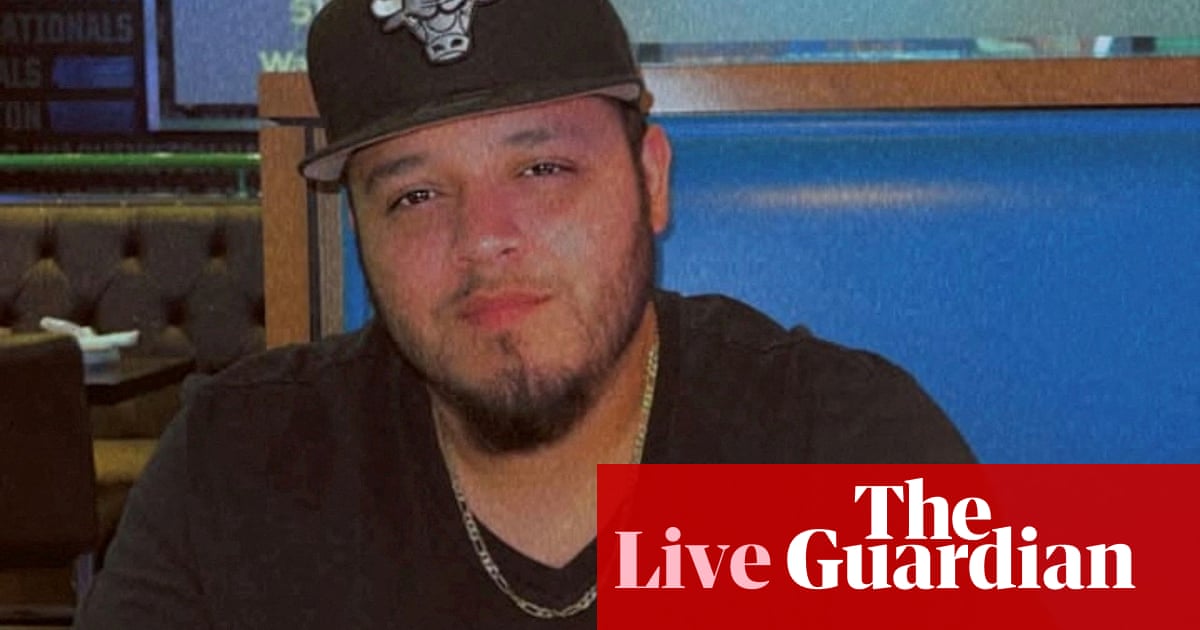Background: Kilmar Ábrego García’s Deportation
Kilmar Ábrego García, a Maryland resident, found himself at the center of a political storm following a controversial deportation to El Salvador. His deportation raised serious questions about due process and the potential misuse of federal power, particularly during the Trump administration. This situation spiraled into a legal and political headache when it was revealed that García had been deported despite a court ruling against such action due to a legitimate fear of persecution in El Salvador.
The Indictment and Resignation
On May 21, 2023, charges were officially filed against García. His case became even more complex when Ben Schrader, a seasoned federal prosecutor, resigned as chief of the criminal division at the U.S. Attorney’s Office for the Middle District of Tennessee on the same day. Schrader expressed deep concerns that the investigation into García was politically motivated, reflecting broader issues within the legal landscape during this politically charged period. In his resignation post on LinkedIn, he emphasized his commitment to doing what is right and highlighted the privilege of serving in the Department of Justice.
Concerns of Political Motivation
Sources indicated that Schrader’s resignation stemmed from the belief that the case against García was not driven by legal merits but rather by political agendas. This sentiment was echoed by various commentators, suggesting that the indictment appeared to be more an act of revenge against those who defended García than a genuine pursuit of justice.
Attorney General’s Statements
At a press conference, Attorney General Pam Bondi was vague about the specifics surrounding the timeline of the investigation. She noted that the indictment was based on "recently found facts" related to a 2022 traffic stop in Tennessee, suggesting that the renewed scrutiny on Ábrego García coincided with heightened political attention. This rhetoric added to rumors that the case was not purely about law enforcement but reflected a political chess game involving the Trump administration.
Public Reactions and Support
Senator Chris Van Hollen, representing Maryland, publicly asserted that he was not defending Ábrego García’s actions, but rather advocating for his rights to due process. Following his visit to García in El Salvador, Van Hollen reiterated the importance of the constitutional rights afforded to all individuals, emphasizing the need for due process in judicial proceedings.
International Dynamics and El Salvador’s Role
The situation also caught the attention of El Salvador’s president, Nayib Bukele, who engaged with the media over the rhetoric surrounding García. Bukele’s comments and social media posts seemed to troll Van Hollen, referring to a staged photo that depicted Van Hollen meeting with García under lighthearted circumstances. This interaction underscored the complexities of international relations and the varying responses from officials positioned on either side of the political aisle.
The White House Response
As the narrative continued to unfold, the White House seized the opportunity to use the charges against Ábrego García to criticize Democratic lawmakers, particularly those who had spoken up in defense of him. In a direct response, the White House’s official social media account highlighted the indictment as a point of shame for those who had previously objected to García’s deportation. This statement transformed a legal issue into a political weapon, reflecting the ongoing divisions in American politics.
Moving Forward: Legal Implications
The criminal indictment against García accused him of participating in a conspiracy to transport undocumented migrants across state lines and alleged ties to the notorious gang MS-13. This serious charge carries significant legal repercussions, including potential prison time followed by deportation back to El Salvador. García’s case illustrates the intersecting paths of immigration law, crime, and the political landscape, raising questions about justice and accountability in an increasingly polarized society.
Broader Implications on Policy
This unfolding situation with Kilmar Ábrego García serves as a potent reminder of the complex realities surrounding immigration policy in the U.S. It showcases how legal proceedings can be entwined with political motivations and highlights the importance of upholding due process amid varying public and governmental opinions. The growing scrutiny on cases like García’s will undoubtedly influence not only public perception but also future policy directions regarding immigration and law enforcement.


